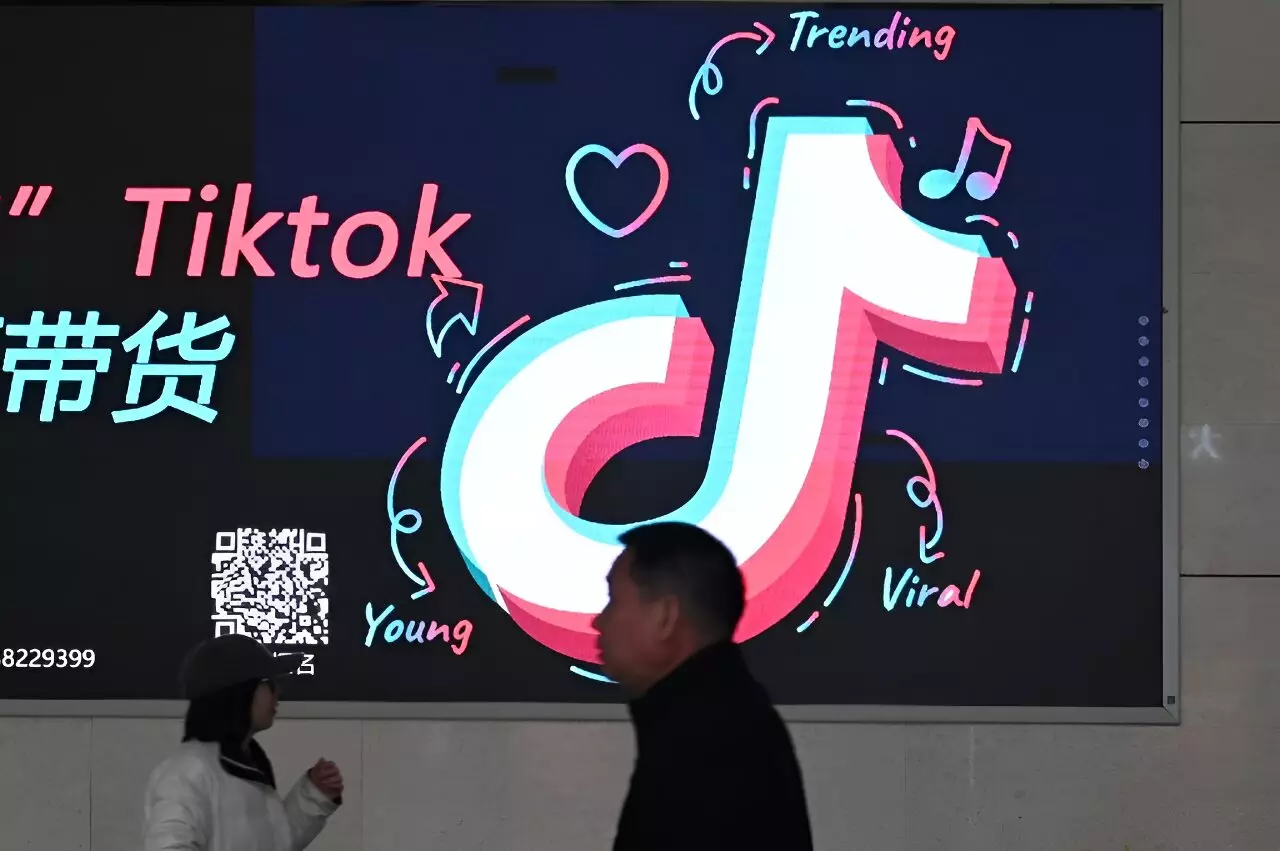The recent lawsuit filed by the United States against TikTok has brought to light serious allegations regarding the popular video-sharing app’s practices when it comes to handling children’s personal information. The Department of Justice and Federal Trade Commission have accused TikTok of violating the Children’s Online Privacy Protection Act (COPPA) by collecting data about young users without parental consent. This raises significant concerns about the safety and privacy of millions of children across the country.
COPPA prohibits websites from gathering personal information about children under the age of 13 without obtaining parental permission. The lawsuit claims that TikTok has been allowing minors to use the app since 2019, collecting and utilizing their personal data without parental knowledge. Even accounts created in a designated “Kids Mode” meant for users under 13 have reportedly gathered email addresses and other personal information without proper consent.
In response to a legal bid by ByteDance, TikTok’s parent company, urging the forced sale of the app, the US Justice Department has labeled TikTok as a national security threat due to its collection of user data. The lawsuit argues that China could potentially leverage TikTok’s extensive reach within the US to undermine American interests, posing a threat of immense depth and scale. The concern is further exacerbated by fears that ByteDance might comply with Chinese government demands for data on US users or resort to censorship on the platform.
TikTok has contested the legal actions against it, claiming that a law forcing the sale of the app or facing a US ban violates its First Amendment rights to free speech. However, the US response suggests that the law is primarily addressing national security concerns rather than restricting speech, and ByteDance cannot claim First Amendment rights in the US. The battle between TikTok and the US government is likely to escalate, with the lawsuit potentially heading to the US Supreme Court for resolution.
Despite a bill signed by President Joe Biden setting a deadline for TikTok to find a non-Chinese buyer by mid-January 2025, ByteDance has expressed no intentions of selling the app. This leaves the ongoing lawsuit as TikTok’s sole option to evade a ban in the US. The company has reiterated its position, claiming that the ban would silence the voices of 170 million Americans and constitutes a violation of their First Amendment rights.
Overall, the accusations against TikTok pertaining to the mishandling of children’s personal data and the potential national security risks posed by the app have raised significant concerns in the US. As the legal battle between TikTok and the US government unfolds, the outcome remains uncertain, with implications that could impact the privacy and free speech rights of millions of users.


Leave a Reply